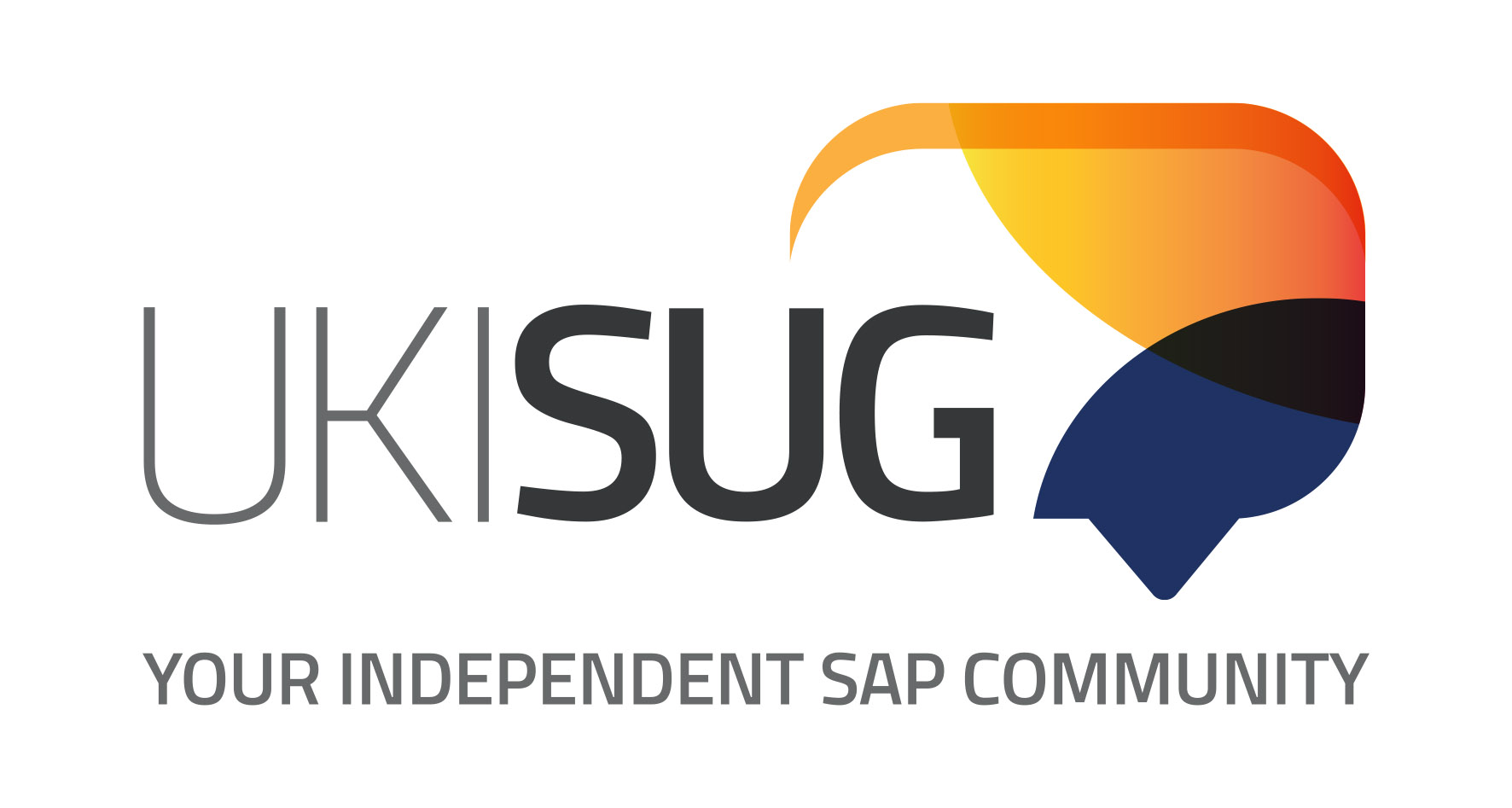Case studies:
Optimising Medical Referrals: From Discovery to Roadmap Delivery
Background
A global provider of healthcare services and support was looking to improve how requests for medical referrals were managed. Their process had become inefficient and inconsistent, leading to delays and additional workload. They required clear standards, improved alignment between systems and processes, and a roadmap to drive improvements.
Challenges and Opportunities
Inefficiencies: There were increased case touchpoints and handling times due to missed automation opportunities.
Process variability: There was little visibility over how processes were performed, with uncontrolled variability across sites.
Unclear standards: Process and procedure documentation was not consistent or well-controlled, leading to diversion from best practice.
System and process misalignment: The CRM system did not fully support the referral workflow requirements, leading to increased workload.
Our Approach
In order to introduce a centralised data source, bpmd implemented a leading BPM tool. We defined the scope for improvement and established a top-down framework to bring clarity to the process landscape. Then, we mapped out the current way of working, end-to-end, and identified gaps and pain points across the process.
Using these insights, we designed improved future-state processes, aiming to reduce workload, standardise practices, and enhance workflows. We packaged everything into a clear, prioritised roadmap with high impact initiatives highlighted for action.
Results
Clear improvement roadmap: A prioritised list of initiatives was handed over, ready for execution.
Better document control: All standard operating procedures and policies are now managed in a central repository, with version control to keep everything up to date.
Blueprint for standardisation: The to-be processes provide a foundation to drive consistent practices across all regions.
Process-led system alignment: Future-state processes were designed to guide targeted CRM improvements, ensuring technology and process now work hand in hand.
093 Optimising Medical Referrals- From Discovery to Roadmap Delivery.pdf
Disclaimer note
The content provided here is supplied by the Partner, and UKISUG accepts no responsibility or liability for its accuracy, completeness, or relevance. Any opinions, advice, or information expressed are those of the Partner alone and do not reflect the views or endorsements of UKISUG.

